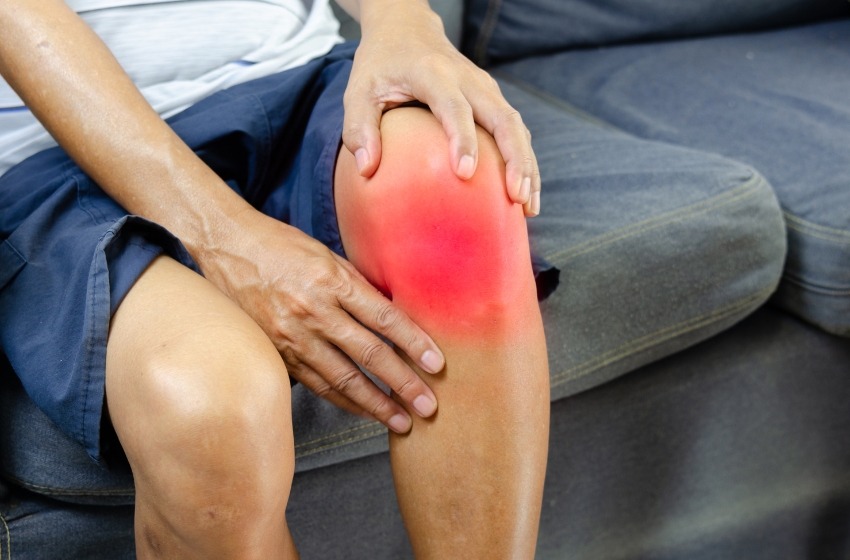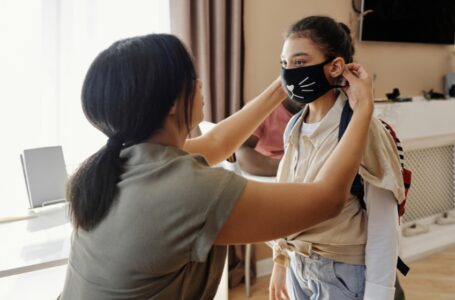What are Long Covid and post-covid-19 conditions?

As the battle with Covid-19 continues, we are gradually getting to know new information, such as how people can get reinfection with the virus. Besides, some people with the disease encounter no symptoms, while others experience common symptoms during the time of infection. Furthermore, after the acute phase of infection, some people will continue to experience one or two lingering symptoms, common with many infectious diseases.
A few of the most common symptoms include headaches, fatigue, and cough, all of which will disappear after a few weeks. However, a small number of patients might continue to suffer for a long time due to persistent symptoms, called the long covid or post Covid-19 condition. Moreover, the ongoing health problems are sometimes called post-COVID-19 syndrome, post- COVID conditions, long COVID-19, long-haul COVID-19, and post-acute sequelae of SARS COV-2 infection (PASC).
What are some Long Covid symptoms?

Doctors and researchers are currently studying the long covid symptoms and have been able to pinpoint ten primary ones, which are written down below in no particular order.
- Joint and muscle pain
- Cough
- Breathlessness
- Depression and anxiety
- Cognitive impairment, also known as brain fog
- Post-traumatic stress disorder (particularly those that had severe COVID-19 requiring intensive care)
- Functional mobility impairment
- Fatigue
- Altered sense of taste and smell
- Palpitations and chest pain
How to know if anyone has the long covid?
In case you have persistent symptoms that are posing a problem and interfering with your daily life at home or work, you have the long covid. However, before jumping to any conclusions, it is always better to consult a doctor as they would be best to give you a proper diagnosis after checking any other causes of your symptoms.
Please get in touch with your local doctor or Aboriginal Medical Service; they will identify your symptoms and provide proper treatment as per requirement, which also includes referring you to a specialist. Consequently, this will avoid confusion about any other disease with the same symptoms; the disease’s symptoms could be related to increased heart risk or neurological problems.
When to visit the emergency department?
Visiting the emergency department is not required for the long covid symptoms as they are not life-threatening; your local doctor can help you understand the signs and manage them effectively at home or with the help of a speciality referral.
On the contrary, if you are experiencing severe symptoms, call Triple Zero (000) immediately. Also, ensure to inform the telephone operator that previously you have been diagnosed with Covid-19 and tell them if you are experiencing any serious symptoms such as:
- Chest pressure or pain lasting more than 10 minutes
- Fainting episodes on standing.
- Severely dizzy, drowsy or confused
- Severe shortness of breath or trouble breathing
Who is at a higher risk of getting the long covid?
Researchers in recent studies and reports have indicated that people who have contracted Covid-19 previously can develop the long covid. But it is imperative to note that there are specific groups of people who are at a higher risk of experiencing persistent COVID-19 symptoms or the long covid, and they are:
- Older adults aged over 65
- Obese people
- People who were hospitalised during their initial infection and those under intensive care with ventilators.
- People who have underlying health conditions
- People who are unvaccinated or those who are not upto date with vaccination when they were infected.

Who is at a lower risk of getting the long covid?
Groups at lower risk of having persistent COVID-19 symptoms or eventually long COVID include:
- People who had no covid symptoms or mild symptoms.
- People who do not have any underlying diseases or chronic conditions.
- Younger people.
- People who are upto date with vaccination.
How can you protect yourself from the long covid?
Not getting infected with Covid-19 is the best way to protect yourself from the long covid, so practising Covid safe behaviours is necessary. Also, keep in mind the following:
- Please wash your hands and sanitise them at regular intervals.
- If you experience any symptoms, get tested as soon as possible.
- Wherever it is difficult to maintain physical distancing, wear a mask.
- Stay up to date with vaccinations; keep checking Australia and your state’s official websites.
- If you are planning to meet friends or family outside, arrange the meeting at a well-ventilated place.







